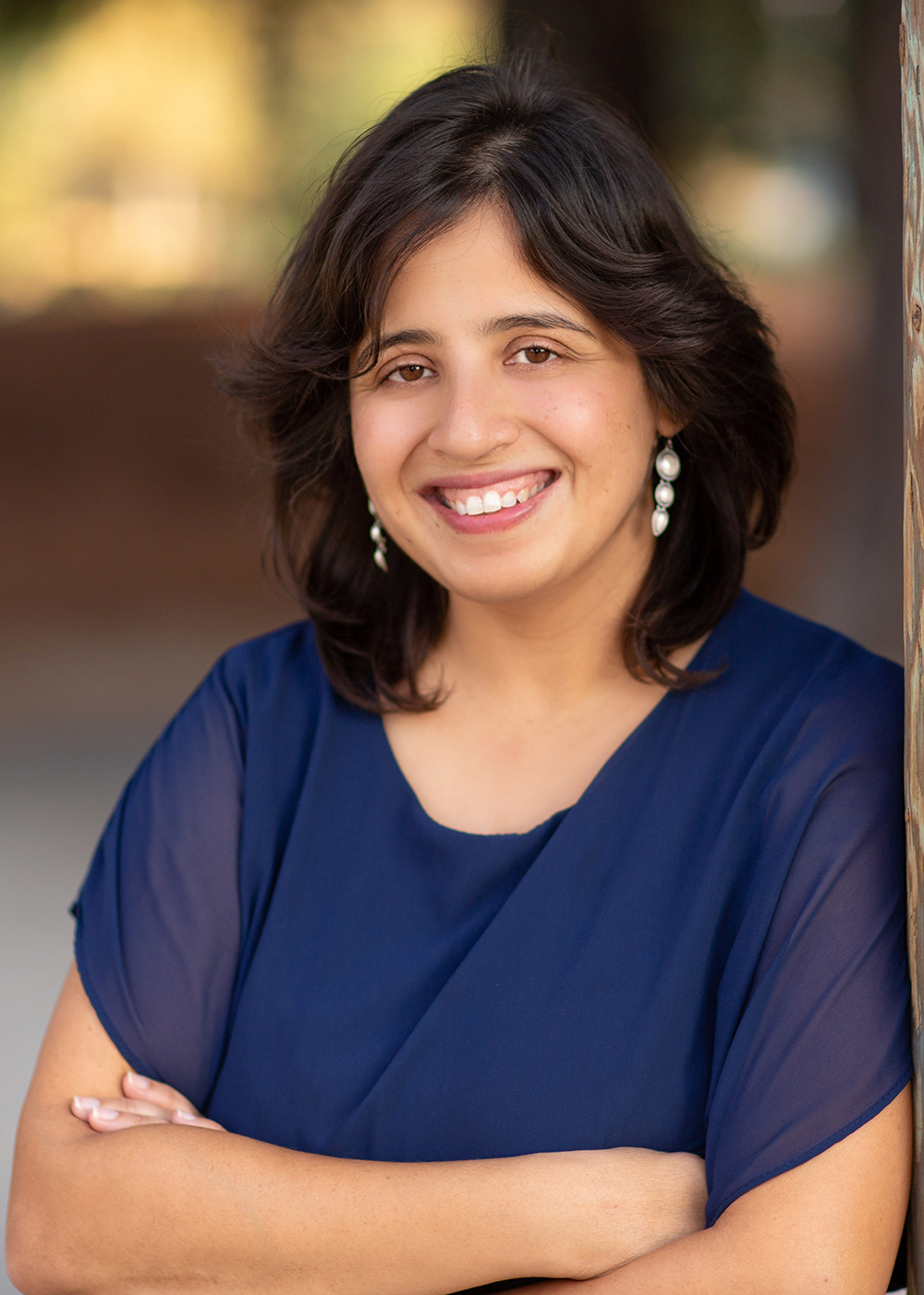Shaheen Sikandar
 |
Assistant Professor of MCD Biology B.S., University of Mumbai, India |
Our lab is interested in tackling questions pertaining to functional consequences of heterogeneity in stem cells in normal and cancer tissues.
Normal tissues and their malignant counterparts are heterogenous communities of cells. Stem and progenitor cells in the normal mammary gland give rise to differentiated cells that perform tissue specific functions such as branching, proliferation, milk-production, and tissue remodeling during pregnancy and involution. Breast tumors like normal tissue are hierarchically organized where a minority population of cancer stem cells are responsible for tumor growth, dormancy, therapy resistance and metastasis. Single cell analysis in breast cancer patients has demonstrated the complexity of different cell states at a transcriptional level and identified novel sub-populations of tumor cells. The underlying hierarchy inherent to stem cells (both normal and malignant), has underscored the importance of understanding functional roles of minority populations of cells.
The questions we ask are: (1) Can we map subpopulations of cells to different tumor specific functions such as metastasis, therapy resistance and neo-angiogenesis? (2) What are the intrinsic and extrinsic molecular mechanisms underlying tumor heterogeneity and transitions between different cell states? (3) And how does stem cell heterogeneity in the normal mammary gland evolve with aging and pregnancy? We address these questions in the lab using diverse experimental approaches such as patient-derived xenografts, organoid assays, lineage tracing, mouse tumor models and single cell transcriptomics. Understanding cellular heterogeneity with high granularity in normal and cancer will lead to development of better preventive and therapeutic strategies for breast cancer.Please follow this link to find the lab's publications in the National Library of Medicine's PubMed database.
